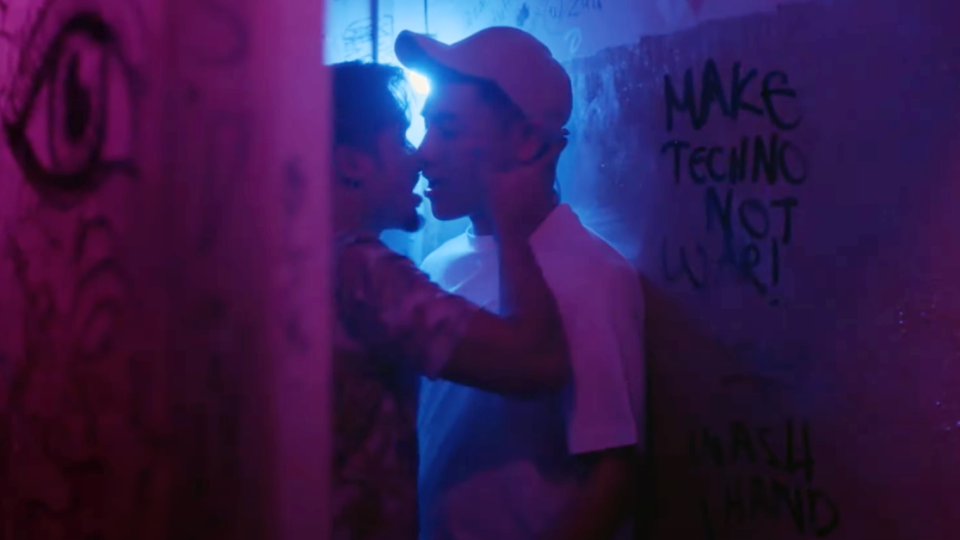Singaporean film #LookAtMe might be celebrated on the film festival circuit but in its home country, it has become the latest victim of media censorship.
#LookAtMe, a film by filmmaker and playwright Ken Kwek, was deemed unsuitable for Singapore audiences by media authorities for portraying characters and stories that are problematic and might cause discourse among the city-state’s multi-racial and religious society.
The film’s team told Coconuts today that they are appealing to the Infocomm Media Development Authority (IMDA) in the hopes that it could still be screened at the Singapore International Film Festival in December and emphasized that the film is “a work of cinematic fiction.”
“We are disappointed by the decision and will be submitting an appeal to ask IMDA to reconsider its classification,” its statement read.
IMDA, the Ministry of Home Affairs and the Ministry of Culture, Community and Youth collectively published a statement yesterday stating that the film does not meet film classification guidelines as it “denigrates a religious community” and might “cause enmity and social division.”
The film premiered at the New York Asian Film Festival in July. It stars Yao, Adrian Pang, Pam Oei and Ching Shu Yi.
Its plot is said to be “inspired by true events” and centers around a YouTuber who calls out a homophobic megachurch pastor online in defense of his gay twin brother. He then receives immense backlash from the public and “considers plotting a revenge attack on the pastor,” according to IMDA.
IMDA said the pastor portrayed had similar descriptions to a real one in Singapore (though they did not reveal who), argued the story might incite violence against the pastor, who committed an act prohibited by his faith, and might be considered “offensive, defamatory and contrary” to religious beliefs.
Kwek told New York-based journalist Tom Brook of BBC Talking Movies recently that the film doesn’t only look at queer rights in Singapore but themes people are struggling with around the world such as the “erosion of civilities, social media culture” and “cancel culture.”
Despite being known for being controversial in his quirky comedies on social issues, Kwek sees his movies as profound.
“I don’t set out to make movies that are provocative but I certainly set out to make movies that are interesting […] and resonant,” he said.
His previous anthology of short films, Sex.Violence.FamilyValues (2013), was banned for allegedly containing racist dialogue and was re-released later after being edited.
His first feature Unlucky Plaza (2014), on the other hand, premiered at the Singapore International Film Festival and the Toronto International Film Festival. It also won him Best Director at the Tehran Jasmine Film Festival.
#LookAtMe is the latest instance of Singapore’s censoring of media that is trying to normalize portrayals of the LGBT community.
Just last week, fashion magazine Vogue had its one-year permit revoked for violating content guidelines by including nudity and content that “promoted non-traditional families.”
Earlier this year, Disney animated film Lightyear was smacked with an NC-16 rating for a brief depiction of same-sex parents.
It has been months since Prime Minister Lee Hsien Loong announced that Section 377a of the Penal Code, which criminalizes sex between men in Singapore, would be repealed. But Lee quickly noted that there wouldn’t be any changes to other policies such as film classifications, nor would the government change its position in opposition of same-sex marriages.

Other stories you should check out:
National Gallery launches art-based program for families living with dementia
Itzy to hit The Star Theatre for first world tour in January
Singapore’s Mr. Midnight adaptation coming to Netflix next week




